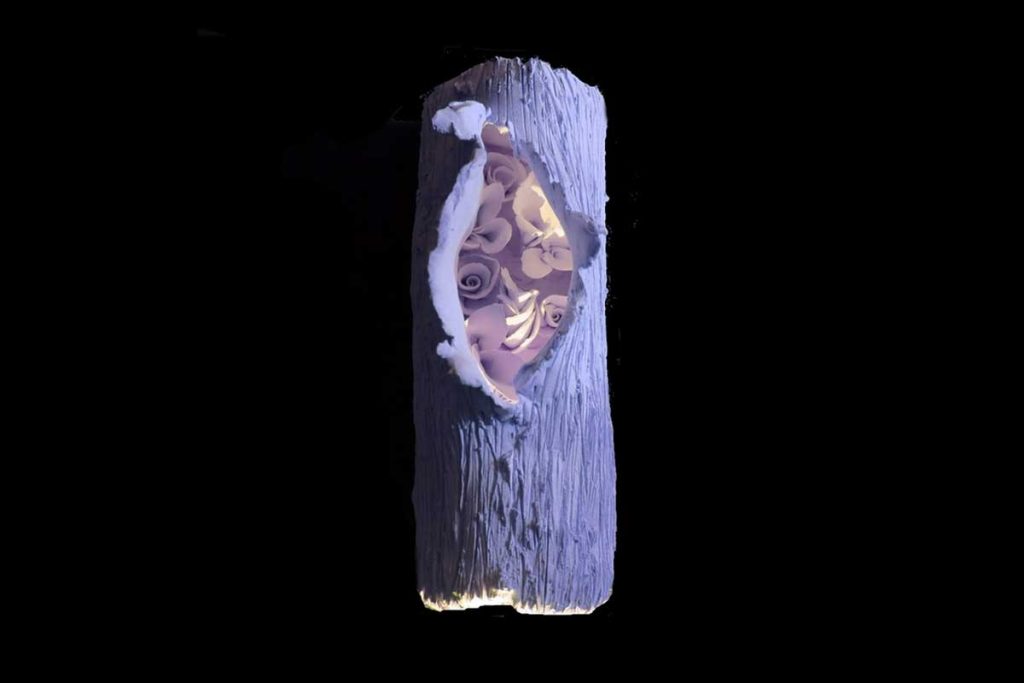Submission 2024
| Submitted by: | John C. Hayvon |
| Department: | Rehabilitation Medicine |
| Faculty: | Rehabilitation Medicine |
This is a reflection on the value inherent within traditional forms of knowledge towards implementation science (IS). Knowledge translation of traditional learning is nuanced, with ethics implications arising from autonomy, and rightful ownership. Contrarily, there can be unfounded views seeing traditional knowledge as less legitimate for application in IS. My research assessing how democratization of knowledge via accessible, youth-led formats such as digital media may inadvertently reinforce intersectional inequalities has sought to be inclusive of traditional knowledge. A lens on intersectional inequalities – for example, in health or socioeconomic status – cannot ignore thousands of years of colonial history. Nonetheless, what is respectful inclusion of 1.8 million indigenous Canadians remains a challenging query. After a year of engaging with indigenous community groups, two principles have emerged to guide my research: first, indigenous inclusion should evolve organically as a living relationship, without exertion of force. Second, there is value in a growth-based perspective, acknowledging traditional knowledge as continually advancing – even in this very moment.
Was your image created using Generative AI?
No.
How was your image created?
A ceramic tree log, with an opening in the center to reveal glowing flora within.

